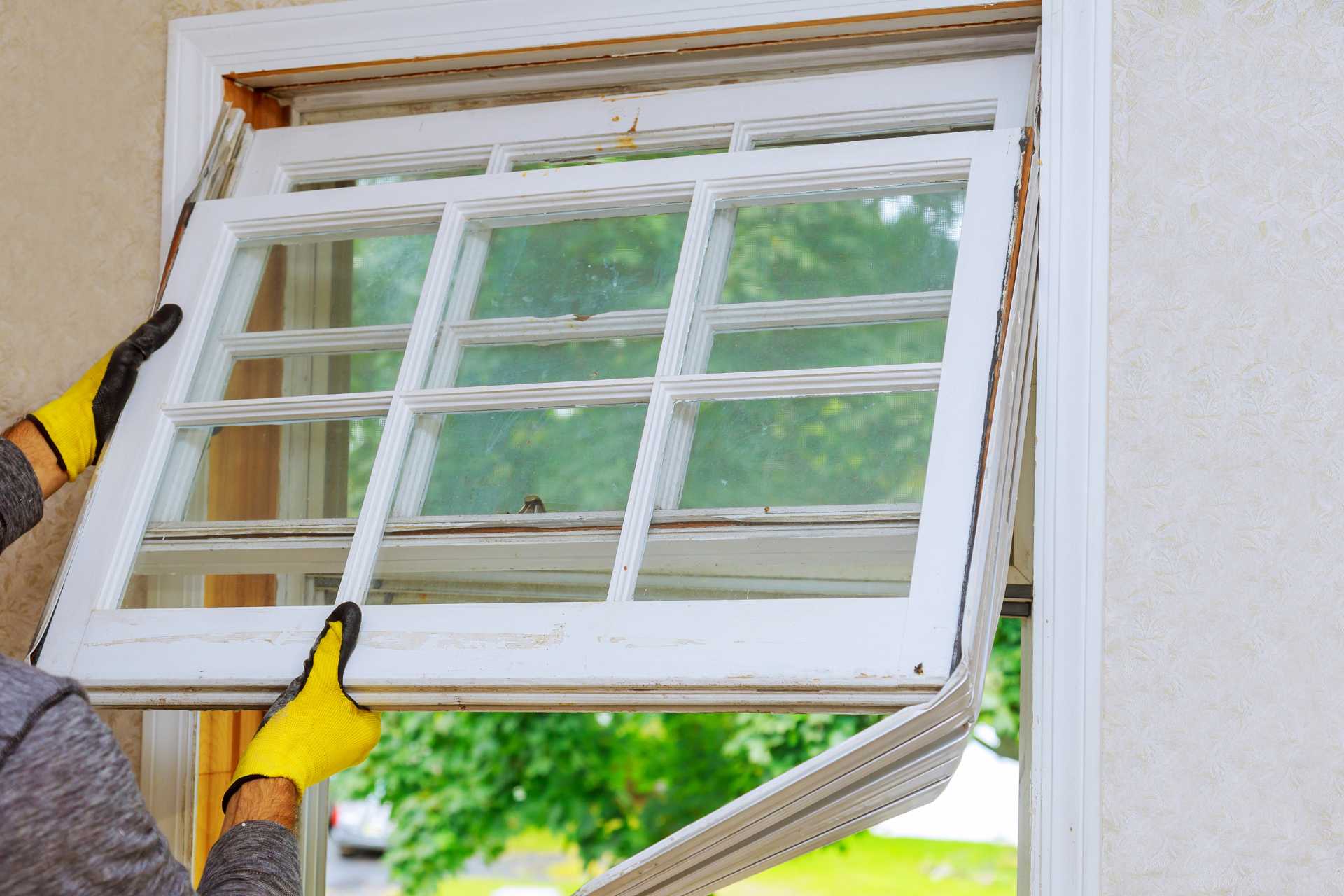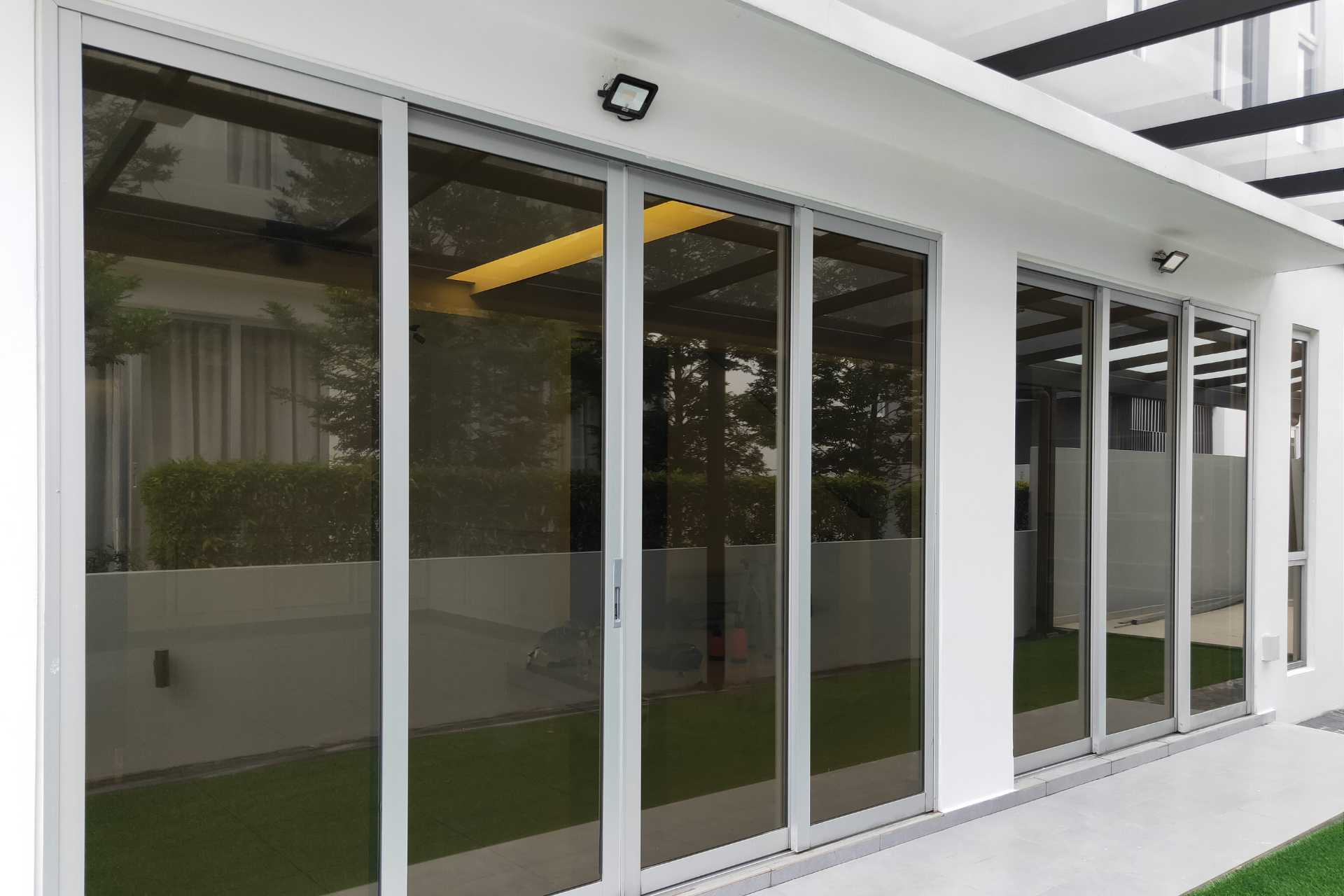Soundproofing your home can contribute to a more comfortable, peaceful, and enjoyable living experience. Whether you work from home or simply need a quiet space to concentrate on tasks, soundproofing can create a more conducive environment by minimizing distractions from outside noises.
Among the effective ways to soundproof your home is upgrading your windows and doors. Newer windows and doors are often designed with better insulation properties, including thicker glass, multiple panes, and improved sealing mechanisms. New windows and doors are likely to be in better condition structurally, which means they can provide a more solid barrier against sound transmission compared to older, deteriorating fixtures.
Here are five considerations for choosing the best soundproof windows for your space:
1. Glass Thickness and Construction
Opt for windows with thicker glass or multiple panes, such as double or triple-pane windows. Multi-pane windows create additional barriers for sound to penetrate. The air space between the panes acts as an insulating layer, reducing noise transmission. Furthermore, different glass thickness and constructions have varying abilities to attenuate different frequencies of sound. When sound waves encounter thicker glass, they lose energy as they pass through, resulting in reduced noise transmission into the interior space. By selecting the appropriate thickness and construction based on the frequencies of noise you want to block, you can achieve optimal soundproofing results.
2. Laminated Glass or Specialized Acoustic Glass
Laminated glass or specialized acoustic glass are highly effective options for selecting the best soundproof windows for your space due to their specific construction and properties. Laminated glass consists of multiple layers of glass bonded together. This construction helps dampen vibrations and absorb sound energy, making it highly effective at blocking out noise. Specialized acoustic glass in engineered with properties optimized for soundproofing, utilizing various combinations of glass thicknesses and interlayers to attenuate sound waves. Laminated and acoustic glass can attenuate a wide range of frequencies, including both low and high frequencies. This versatility makes them suitable for blocking out various types of noise, from traffic and construction sounds to voices and music. By design, laminated and acoustic glass also minimize resonance, which occurs when sound waves cause glass to vibrate. These types of glass prevent sound from amplifying and transmitting through the window, resulting in improved soundproofing performance. These types of glass can offer superior noise reduction capabilities and customization options to suit your space’s unique needs.
3. Frame Material
The frame material can affect the window’s ability to dampen sound vibrations and absorb sound energy. Certain frame materials offer better insulation against sound transmission than others. Materials like vinyl and fibreglass have inherent damping properties that help minimize sound transmission, whereas aluminum frames may resonate and amplify noise. The frame material also influences the window’s ability to create a tight seal against air and sound infiltration. Vinyl and fibreglass typically feature better sealing mechanisms, such as weatherstripping and gaskets, which help minimize gaps and prevent noise from entering the interior space. Additionally, consider the durability and longevity of the frame material, as windows with sturdy frames are better equipped to maintain their soundproofing properties over time. Vinyl and fibreglass frames are known for their durability and resistance to warping, which can compromise soundproofing effectiveness. By selecting frame materials that offer excellent insulation, damping, sealing, and durability, you can effectively minimize noise transmission and create a quieter, more comfortable living environment in your space.
4. Tight Seals and Weatherstripping
Tight seals and weatherstripping help create an airtight seal around the window frame, minimizing air leakage and preventing sound from infiltrating the interior space. Even small gaps can allow significant amounts of noise to penetrate, so proper sealing is essential for effective soundproofing. Tight seals and weatherstripping act as a barrier against sound waves, preventing them from entering the room. Additionally, tight seals and weatherstripping help dampen vibrations that can occur when sound waves interact with the window frame. By minimizing vibrations, these components reduce the transmission of noise through the window, resulting in improved soundproofing performance. Properly installed and maintained seals and weatherstripping can help prolong the lifespan of soundproof windows by protecting them from moisture, drafts, and other environmental factors. When selecting soundproof windows, ensure that they come equipped with high-quality seals and weatherstripping to maximize their effectiveness in reducing noise transmission over the long term.
5. High Sound Transmission Class (STC) Ratings
High Sound Transmission Class (STC) ratings indicate superior soundproofing performance in windows. The STC rating quantifies the ability of a window or any building partition to reduce the transmission of airborne soundwaves. It is a standardized measurement typically ranging from 20 to 80, with higher numbers indicating better soundproofing capabilities. When selecting soundproof windows for your space, consider the level and type of noise in your environment. If you live in a busy urban area with high levels of traffic noise, you may require a higher STC rating to effectively block out the noise. On the other hand, in quieter rural areas, windows with a lower STC rating may suffice. In general, for residential spaces, windows with STC ratings of 30 to 40 may provide adequate soundproofing in typical urban or suburban environments. For particularly noisy areas or for individuals with heightened sensitivity to noise, windows with higher STC ratings may be more suitable. Higher STC-rated windows, however, typically come at a higher cost. When selecting soundproof windows, consider your specific noise reduction needs, budget constraints, and any applicable building regulations to choose windows with an appropriate STC rating that effectively minimizes noise transmission and enhances your living environment.
By focusing on these key factors, you can select soundproof windows that effectively minimize noise pollution and create a quieter and more comfortable environment at home.





